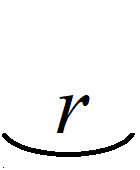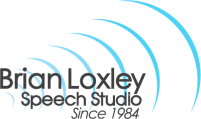Proper Pronunciation Guide
vocabulary
[vo͜u  kæb jə ɫɛ͜ɚ
kæb jə ɫɛ͜ɚ i]
i]
Tips:
- Pronounce the letter “o” like the name of the letter itself— /o͜u/—and be sure to pronounce it as a fully diphthongized /o͜u/, even though it is not stressed.
- Pronounce the second syllable like the word “cab” and stress it.
- Pronounce the letter “u” as the weak vowel /jə/. Be sure to pronounce the y-like consonant glide /j/ and not just the weak schwa vowel /ə/.
- The two final syllables are pronounced like the man’s name “Larry.”
Practice Sentences:
|
|
Larry has a good vocabulary. |
|
|
The vocabulary of law includes many Latin words and phrases. |
|
|
The vocabularies of cooking and fashion have many French words and phrases. |
Definition:
(noun) The words, taken as a whole, that make up a language or that are used by a person, a group, or a field of endeavor, such as law or medicine.
Notes:
The singular form of the word vocabulary is a collective noun, being made up of many individual words, so it is therefore important not to use the plural, vocabularies, to refer to the words that make up a particular vocabulary, as in the sentence “I need to have more vocabularies.” Rather, the plural is used to refer only to different groups of words that are used by different people or groups, for different purposes, or as applied to different fields, as shown in the last practice sentence. The same principle is true for the word “grammar,” which is usually used in the singular form to apply to all of the language structures collectively as they are used by a person or by a particular language. The plural would apply only to various kinds of grammatical rules and structures used across different languages, such as in the sentence “The grammars of English and the Eskimo languages exhibit fundamental differences.”
![]() kæb jə ɫɛ͜ɚ
kæb jə ɫɛ͜ɚ![]() i]
i]